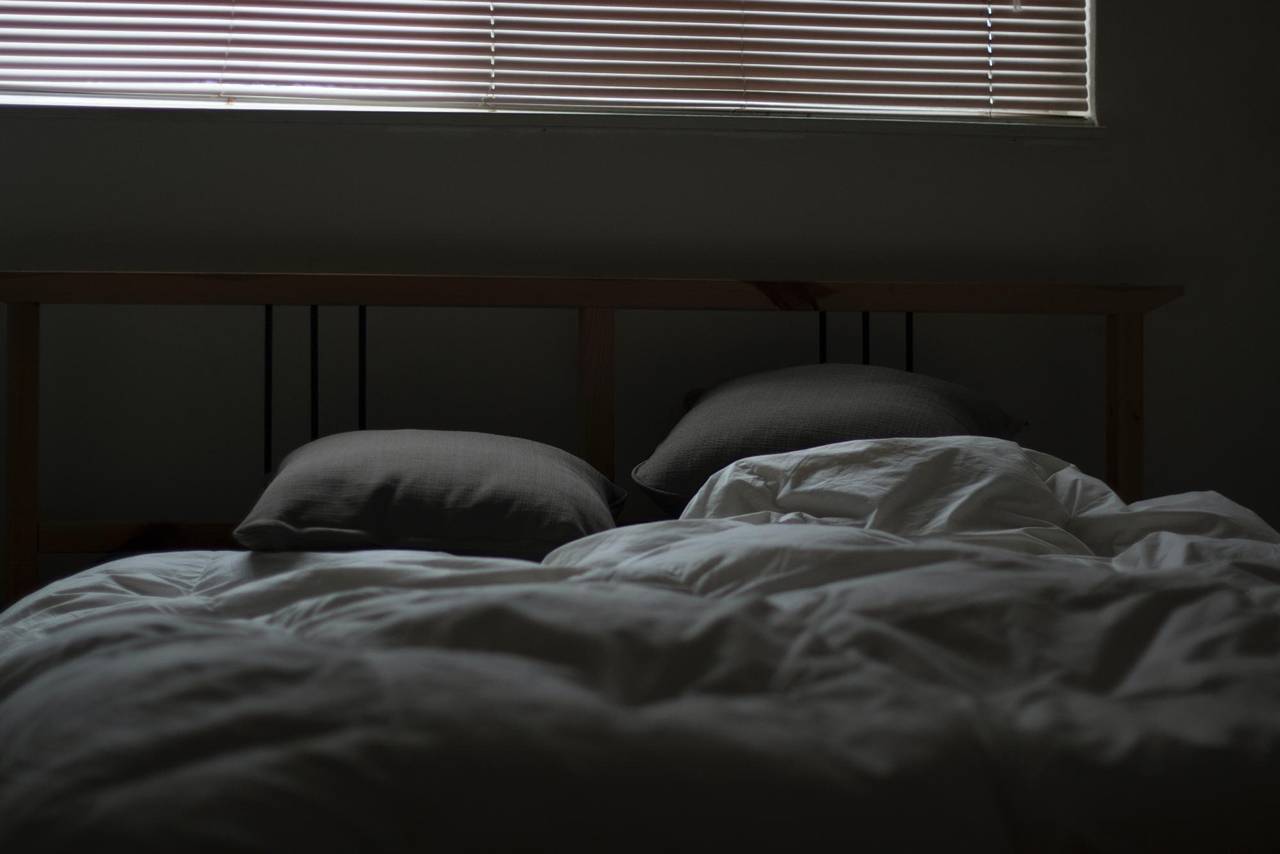
Discover the Power of Sleep Hygiene for a Healthier Life
Sleep hygiene is the practice of creating and maintaining an optimal sleep environment and routine that fosters healthy, restorative sleep. The benefits of good sleep hygiene go beyond simply feeling refreshed in the morning; it can also impact your overall health and well-being. In this article, we will delve into the world of sleep hygiene and uncover practical tips for achieving a better night's sleep.
The Importance of Sleep Hygiene
Research has shown that poor sleep can contribute to chronic health problems, including obesity, diabetes, cardiovascular disease, and even depression. By improving sleep hygiene, you can significantly enhance both your mental and physical health. Additionally, maintaining a consistent sleep schedule can boost your mood, cognitive function, and daily productivity.
Daytime Habits and Nighttime Sleep
Daytime habits can have a significant impact on the quality of your nighttime sleep. For instance, excessive caffeine consumption during the day can interfere with your ability to fall asleep at night. Circadian rhythms can also be disrupted by exposure to artificial light, which is why it's essential to moderate screen time and seek out natural light throughout the day. Cultivating healthy daytime habits can lead to restful and restorative sleep at night.
Creating the Ideal Sleep Environment
An ideal sleep environment is essential for promoting good sleep hygiene. Here are some aspects to consider:
- Temperature: Keep your bedroom cool, ideally between 60-67 degrees Fahrenheit (15-19 degrees Celsius). This range can help facilitate deep sleep, as your body naturally cools down at night. Consider investing in a mattress topper like the Chilipad cooling system to regulate your sleep temperature all night long
- Lighting: Eliminate any sources of artificial light, including digital devices and alarm clocks with displays. If necessary, use blackout curtains to block light from outside.
- Noise: Minimize noise disturbances by using earplugs, a white noise machine, or a fan. Soundproofing your room, if possible, can also be beneficial.
- Bedding and mattress: Invest in a comfortable, high-quality mattress, pillows, and bedding that suit your sleeping preferences to provide maximum comfort and support. Choosing the best mattress for back pain can not only improve your sleep quality but also alleviate chronic pain and discomfort.
Dealing with Disruptions
Despite our best efforts, occasional sleep disruptions are inevitable. If you cannot fall asleep within 20-30 minutes, get out of bed and engage in a calming activity, such as reading or deep breathing exercises. Return to bed when you feel sleepy. Keep a notebook by your bed to jot down any thoughts or concerns that may be keeping you awake. This can help clear your mind and allow sleep to come more easily.
Establishing an Effective Routine
Developing a consistent sleep routine is another crucial aspect of sleep hygiene. Go to bed and wake up at the same time every day, even on weekends. Consistency is crucial for maintaining your internal body clock. Establish a relaxing nighttime routine to signal to your body that it's time for sleep. Activities could include reading, taking a warm bath, or practicing gentle stretching. Avoid screens at least one hour before bedtime. The blue light emitted by electronic devices can interfere with your body's natural sleep-wake cycle. Avoid consuming heavy meals, alcohol, and caffeine too close to bedtime, as these may disturb the quality of your sleep.
The Role of Sleep Aids
While it's best to improve sleep hygiene without relying on sleep aids, it's important to acknowledge that some individuals may benefit from using them. Over-the-counter sleep aids or natural supplements like melatonin could provide temporary assistance for occasional sleep difficulties. However, it's crucial to consult with a healthcare professional before using any sleep aid and to remember that it should not be a long-term solution.
Maintaining a Sleep-friendly Lifestyle
Lifestyle choices can greatly influence your sleep hygiene. Here are some strategies to optimize sleep:
- Physical activity: Engage in regular exercise, but avoid vigorous exercise close to bedtime. Morning or afternoon workouts are preferable, giving your body ample time to wind down.
- Stress management: Practice stress-reduction techniques, such as mindfulness meditation, deep breathing exercises, or even journaling, to avoid carrying tension into bed.
- Napping wisely: If you need a daytime nap, limit it to 20-30 minutes and avoid napping too close to your bedtime.
The Long-term Benefits
Over time, consistently practicing good sleep hygiene can lead to better health, increased productivity, and happier relationships. As you establish and maintain a sleep-friendly environment and routine, you'll likely find that both your mental and physical well-being will improve. Remember that patience and persistence are vital when implementing new sleep hygiene habits, but the long-term rewards are well worth the effort.
Sleep hygiene is a powerful tool for enhancing your overall quality of life. By creating the ideal sleep environment, establishing an effective sleep routine, and maintaining a sleep-friendly lifestyle, you can unlock the restorative power of sleep and enjoy a healthier, happier existence.

Comments (0)